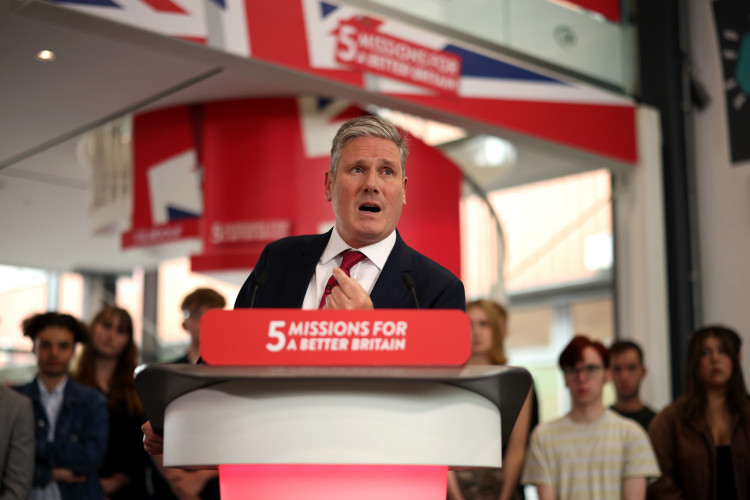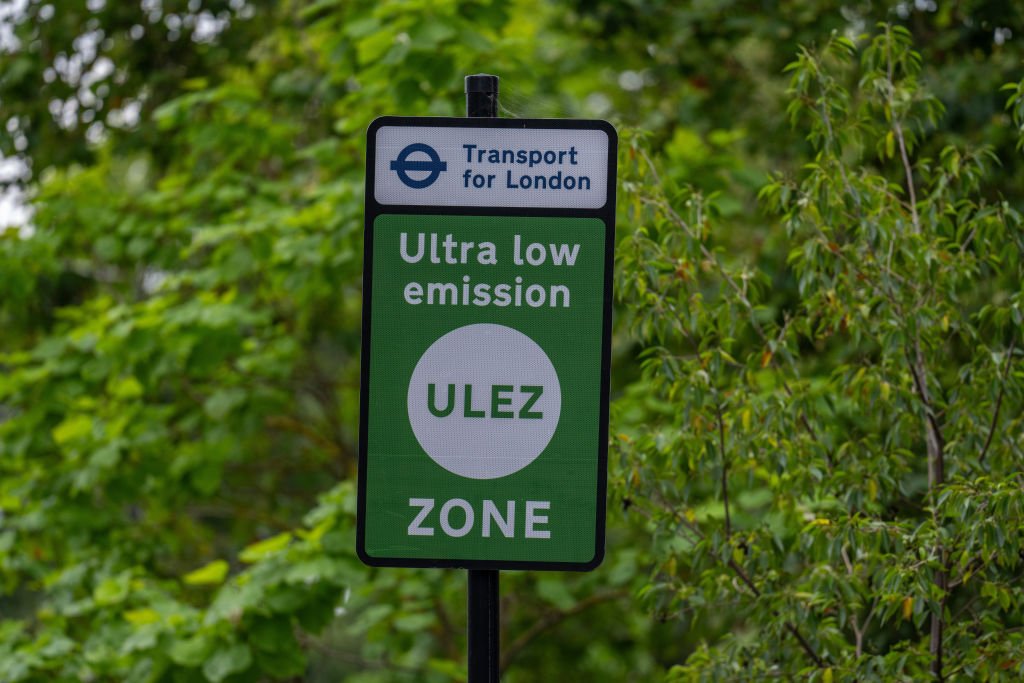Starmer struggles to gear Labour for Government – but business can lend a helping hand.
It's a little early for a comprehensive account of Keir Starmer. But for any aspiring biographer out there, you’ve got an oven-ready title. Margaret Thatcher was The Grocer’s Daughter; the Labour leader, by his own admission, is The Toolmaker’s Son. Profiles of Starmer have drawn a link between Starmer Sr’s love of machines and his son’s passion for rewiring organisations. At times Labour’s chief sounds more enthusiastic about how he will make government work better than this or that policy outcome.
But after Thursday’s results, Labour looks like one machine Starmer can’t fix so easily. While party insiders speak of an upbeat mood among MPs after the smashing victory in Selby, many were unsettled by the fallout from Uxbridge. On ULEZ, those familiar with the party’s strategy are puzzled the Leader’s Office ignored its own warnings about not dancing to Tory HQ’s agenda. Others point out Wes Streeting’s criticism of the local hospital jarred with arguments being made about poor air quality and local health outcomes. Almost everyone in the movement spent the weekend rolling their eyes at the comms around Saturday’s National Policy Forum. Only Labour, they sigh, could snatch defeat from the jaws of victory like this.
Driven to distraction
Unfortunately for the party – and for companies desperate for certainty after years of political turbulence - the pains on display in Uxbridge are not a one-off. ULEZ is the tip of a large iceberg when it comes to the important area of net zero. Candidates are keen to see a retail offer for the £28bn a year Green Prosperity Plan and have pressed the Shadow Cabinet for more on what industrial decarbonisation projects will look like in practice. The party’s pledge to block all new oil and gas developments is causing even more heartburn, with disagreements between Labour at Westminster and in Scotland. Some of the party’s activists in industrial areas of England are also beginning to ask what this policy means for local industries such as chemicals which rely on North Sea supplies.
Businesses trying to navigate further devolution to national and regional governments should also wonder what splits between Starmer and local leaders mean for his plans to decentralise more powers from Whitehall. Party insiders we speak to point out that unlike Tony Blair, Starmer must develop an agenda from Opposition while defending Labour’s record in areas like London, Manchester and Wales. But the Labour leader’s decision to publicly pressure Sadiq Khan – one of the only politicians he knows from before his time as an MP - on his signature policy prompts awkward questions. What other areas of devolved policy is Starmer going to meddle in if the political cost to him is too high?
A frontbencher in need is a friend indeed
The good news is that these faults are emerging at a time when the party and business are figuring out where their relationship goes next. Having gladhanded corporates on the social circuit since the start of the year, Labour frontbenchers now face additional pressure from Starmer to help win the next election and deliver from day one in government.
Veterans of previous Labour governments spy an opening. Unlike many frontbenchers who may have been elected as late as 2019, businesses have seen the full impact of Conservative governments since 2010. They can give shadow teams a longer view of what has and hasn’t worked in their sector, as well as policy solutions that will help a local site in a winnable constituency. They can also develop cross-industry coalitions that will help an inexperienced frontbencher see the impact their policies might have on companies in other politically important sectors, in turn saving the shadow minister and their small office valuable meeting time.
These steps alone will not smooth Labour’s road to power. But they can help ensure the party develops a clearer environment for growth both now and in government. That might just get the Toolmaker’s Son a decent write-up in the history books.









